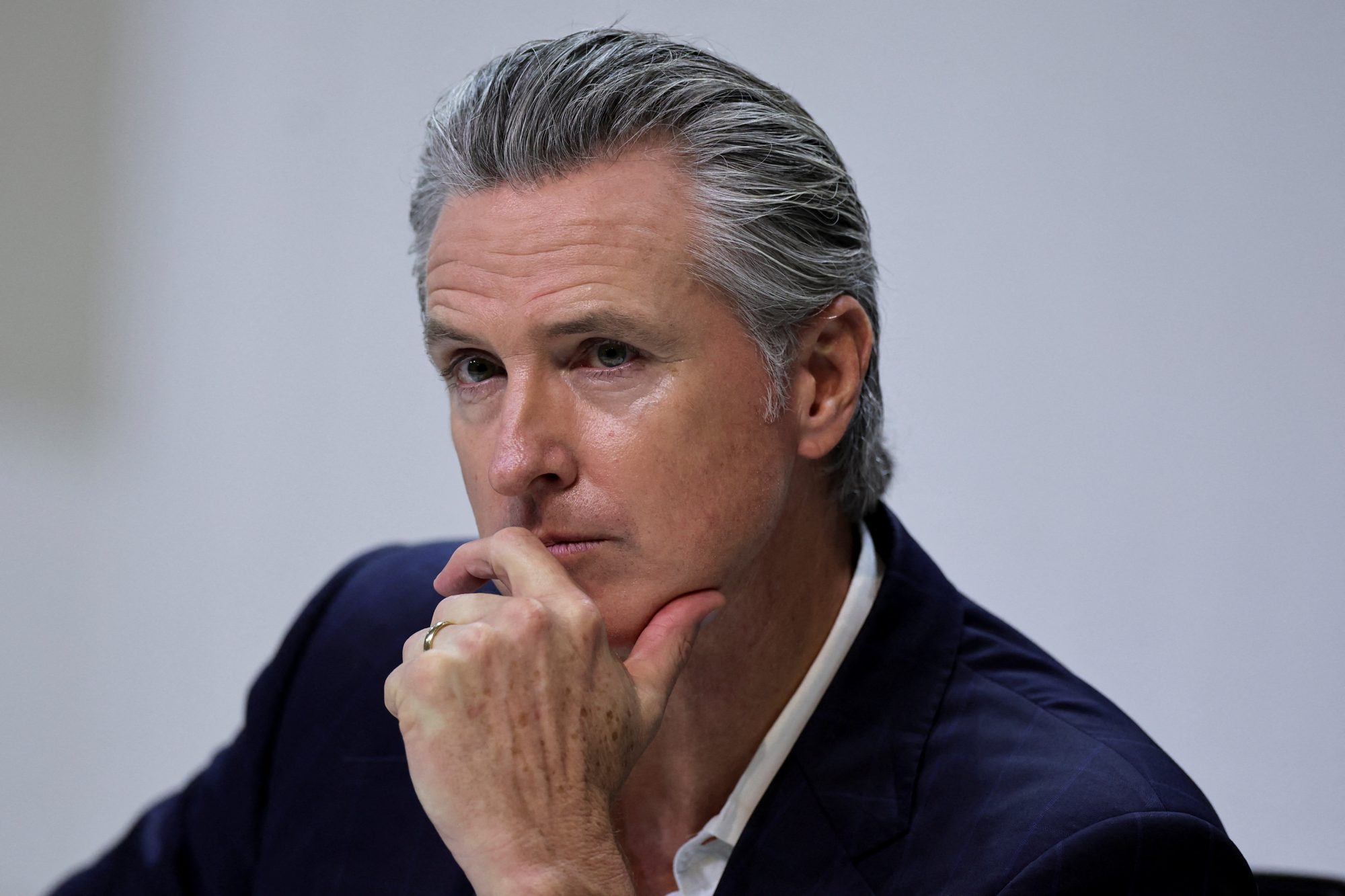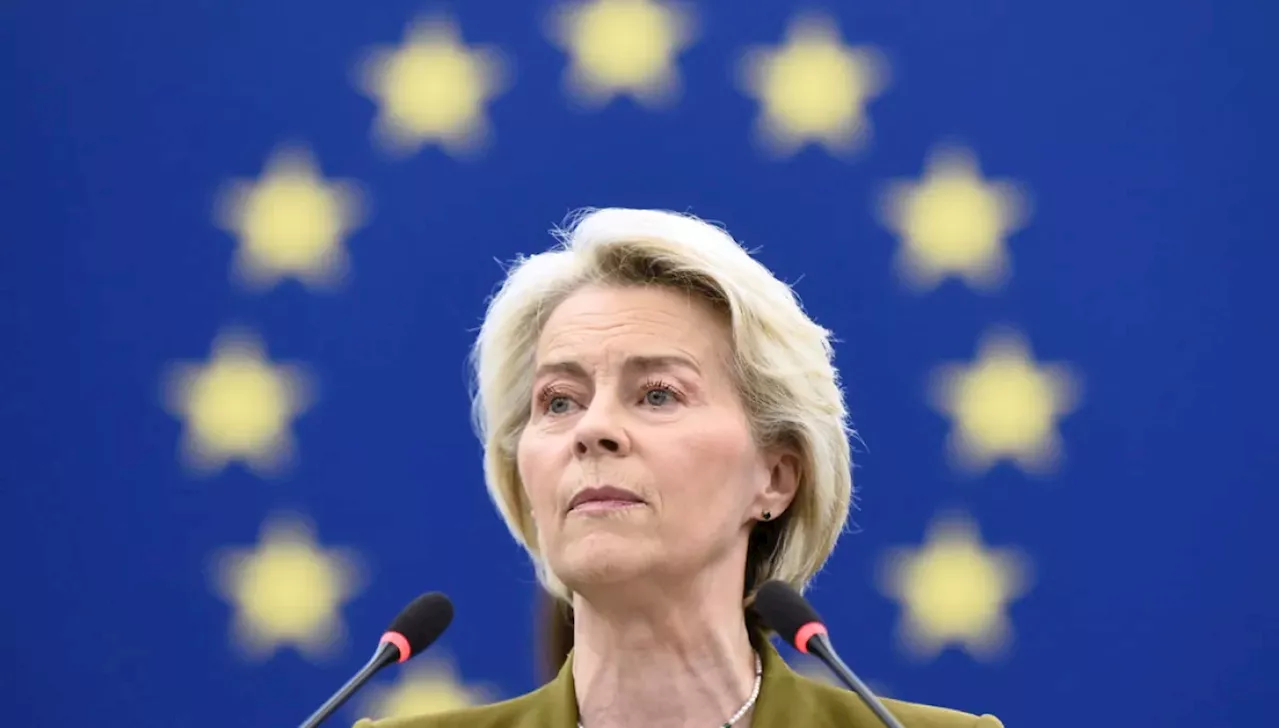The recent off-year elections in the United States highlighted a significant shift in political dynamics, particularly regarding women’s representation. Notably, candidates like Abigail Spanberger and Mikie Sherrill emerged victorious in their respective races, marking a historic moment for women in politics. Spanberger made history as Virginia’s first female governor, while Sherrill’s win in New Jersey reflects a growing trend of women stepping into leadership roles across the nation.
These elections, held on November 7, 2023, served as a crucial barometer for the political landscape ahead of the 2025 elections. Young women played a pivotal role in these outcomes, with reports indicating that they turned out in significant numbers to support candidates who championed women’s rights and social justice issues. In New York City, for example, a remarkable 81% of voters backed Sherrill, while Spanberger received 82% support in her home state of Virginia.
Shifting Power Dynamics in Virginia and New Jersey
The backdrop of these elections is deeply intertwined with issues surrounding reproductive rights and cost-of-living concerns. Spanberger’s campaign emphasized the importance of safeguarding abortion rights in the wake of the Dobbs decision, which had raised alarms about potential restrictions on women’s healthcare access. She pledged to pursue a constitutional amendment to protect both abortion and contraception rights, underscoring the urgency of these issues for voters.
As Spanberger stated, “When the Dobbs decision was made, it became clear that state after state would move to restrict abortion access.” Her commitment to addressing these concerns resonated with voters, particularly in a state where access to reproductive healthcare is under scrutiny.
Simultaneously, Mikie Sherrill, a former Navy pilot, focused her campaign on a broader agenda that included affordable childcare, paid family leave, and fair wages. “Our mission is to drive down costs for families, keep people safe and healthy, and make sure every child has a shot,” Sherrill declared, highlighting the interconnectedness of economic issues and women’s rights.
Progress in Local Elections and Broader Implications
The elections also saw significant local victories, with Ghazala Hashmi becoming the first Muslim woman elected to statewide office in the U.S. as Virginia’s lieutenant governor. Her journey into politics was inspired by the challenges faced during the Trump administration, particularly the impact of the Muslim ban. Hashmi’s presence in the state government is a testament to the changing face of American politics, where diversity and representation are becoming increasingly important.
In New York City, the election of the first Muslim and South Asian mayor, Ghazala Hashmi, also marked a historic milestone. The 34-year-old campaigned on progressive policies, including free public transit and universal childcare, which address the pressing needs of working families in one of the world’s most expensive cities. “Your struggle is ours, too,” she stated, emphasizing solidarity with marginalized communities.
The outcomes of these elections signal a notable shift in political representation, with women increasingly taking the reins of power. As political expert Shaniqua McClendon remarked, “The era of women asking for power is over. Now, they’re simply taking it.” This assertion reflects a growing momentum for women’s issues in politics, with the 2025 elections on the horizon.
As the results continue to be analyzed, it is clear that the political landscape is evolving. The victories of women like Spanberger, Sherrill, and Hashmi not only represent personal achievements but also a collective advancement for women’s rights and representation in the United States. The implications of these elections will likely resonate far beyond the immediate outcomes, shaping the discourse around gender equality and social justice in the years to come.







